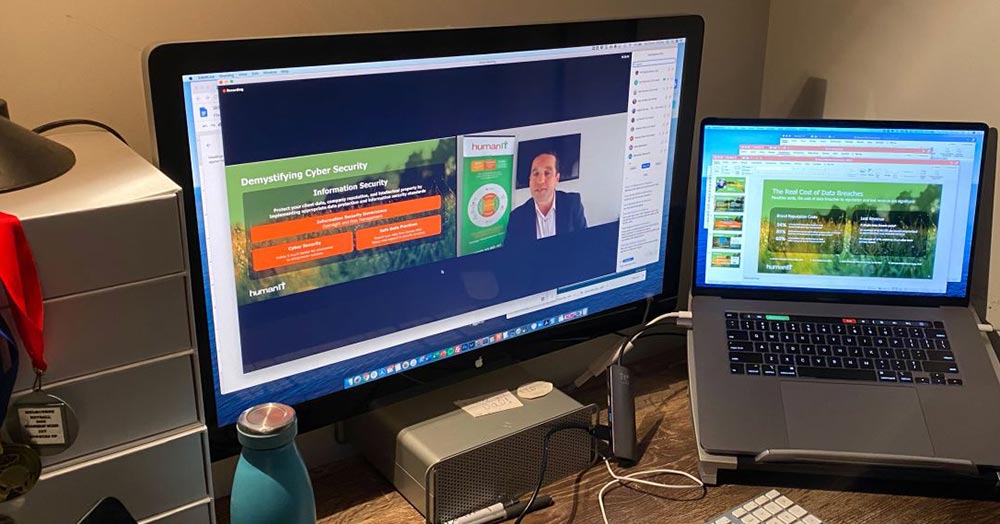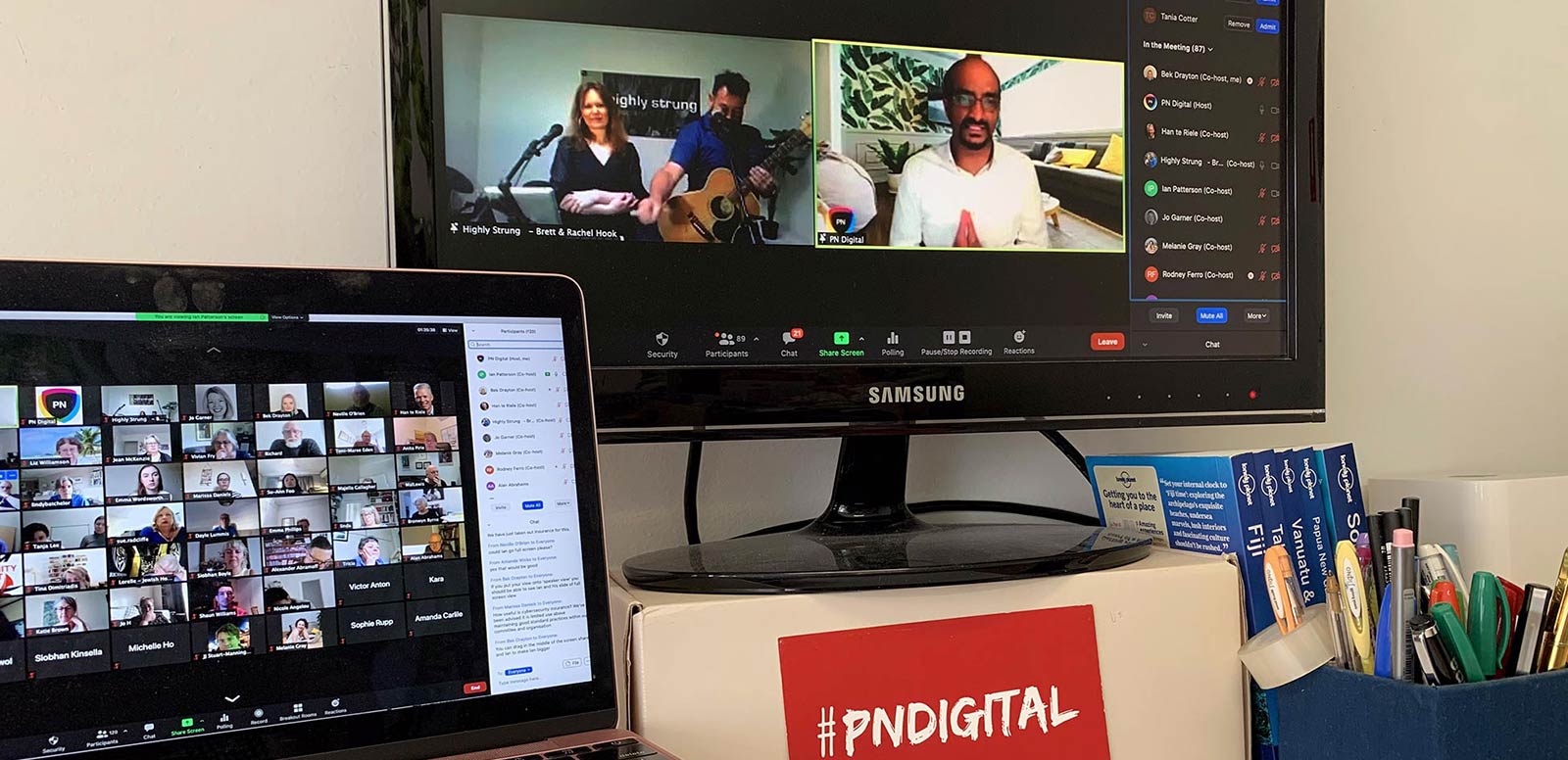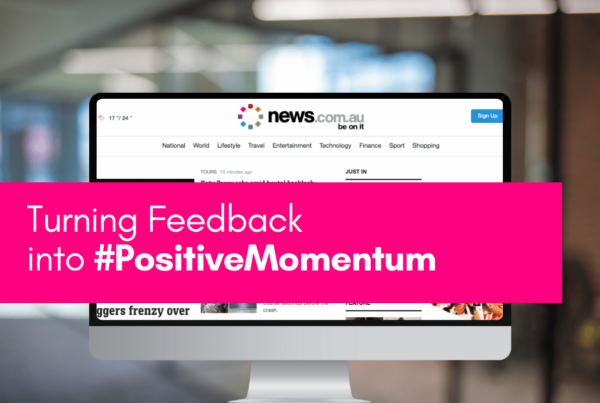Many NFPs had to put a pause on face-to-face events in 2020 due to the COVID-19 pandemic – events that often make up a large part of their fundraising revenue for the year. The need to both drive income for their organisation as well as value for their beneficiaries prompted many NFPs to make the move to virtual events. At PN Digital, we partnered with multiple NFPs during 2020 to create digital marketing strategies, including hosting virtual events to maximise reach and impact.
As we move into 2021, it doesn’t look like virtual events will be going anywhere anytime soon, with many organisations looking at holding ‘hybrid’ events that have a small face-to-face component combined with a virtual aspect. Hosting virtual events as opposed to face-to-face events are a great alternative during uncertain times. Online events are great ways to maintain and strengthen the relationship with your partners, team, volunteers and benefactors with the added opportunity to easily increase public awareness about your organisation and its cause. They also come without the uncertainty of organising an event that has potential for a large financial loss if restrictions change.
Running a successful online event, however, is not as simple as opening up Zoom or Facebook Live on your computer at a whim and getting straight into it – online events still require planning and forethought.
Last year we had the pleasure to help some of our not-for-profit partners host virtual events to connect and engage with their audiences. Through our experiences we have created some tips for planning must-dos to create a seamless event that maximises the value to both your organisation and its beneficiaries.

Determine your purpose
Before you start planning the ‘when’ and the ‘how’, it’s essential to determine the ‘what’ and the ‘why’ of your event. Why are you holding your event? What is the greater purpose behind hosting your event?
By having a clear idea of what your event is aiming to achieve you will be able to guide the rest of your planning. A large number of your decisions will be best determined by keeping in mind which choice will best help you achieve your overall purpose or goal.
Get the right sponsor
Having the right sponsor for your event can be one of the biggest drawcards for new audiences.
Collaborating with a branded sponsor or partner that understands your organisation’s purpose and story is crucial. A sponsor can help you to reach new audiences and maintain the objectivity of your event – helping you guide your event planning, guest lists and even tech arrangement.
Choosing a brand to collaborate with for your event needs to be done thoughtfully. By choosing the right partner that fits in with your organisation and it’s audience, you can create value through both what you can bring to them – your existing audience and organisation’s reputation – and what they can bring to you – new audiences through collected and credible networks.
Audience engagement is key
There is more to think about than just drawing an audience to your virtual event – you need to keep them there and keep them engaged.
At a face-to-face event your audience has made the decision to be physically present and will expect to stay at the event for the duration. Virtual events, however, have to compete with multiple channels for their audience’s attention. Audiences at home may be scrolling through social media or be distracted by external distractions, particularly if they are working from home.
By introducing audience engagement activities into your virtual event, you will be able to help your audience become participants rather than just observers. Activities such as live Q&As, polls, and mini games as well as incentives such as participation awards and break out rooms with specialist speakers can help to keep your audience entertained and interested in your event.
Audiences that are able to engage and participate during virtual events will have a greater perceived value of the event – and your organisation – as a whole, leading to the creation of a more aware and engaged audience for your future digital marketing activities.
Select the right platform
Selecting the right platform for your event is a major point to consider. Zoom isn’t the only option on the market anymore and there are other platforms that offer great functionality like seamless integration with social media streaming. Consider the features you need to have to host the event – such as breakout rooms for networking, or platforms that work like an actual conference with exhibitor stands etc – as well as the needs of your audience.
A test run is a must
Technology can help us do great things – host virtual events during a pandemic, for instance – but it’s important to consider the varying differences in familiarity your presenters and audiences may have. Doing a run-through of your event with all of your key players can help to avoid common technology problems such as audio and video issues. Going through at least one test run in advance can also help to identify if a presenter’s internet connection is unreliable and provide enough time to find a solution for any problems that arise.
Test runs also provide everyone behind the scenes an understanding of what to anticipate during the event including running order or expectations you may have of them during the event.
If your organisation has an idea for their next virtual event or wants to know how your next event can fit into your broader digital marketing strategy, contact us for a free consultation to make your idea a reality.





